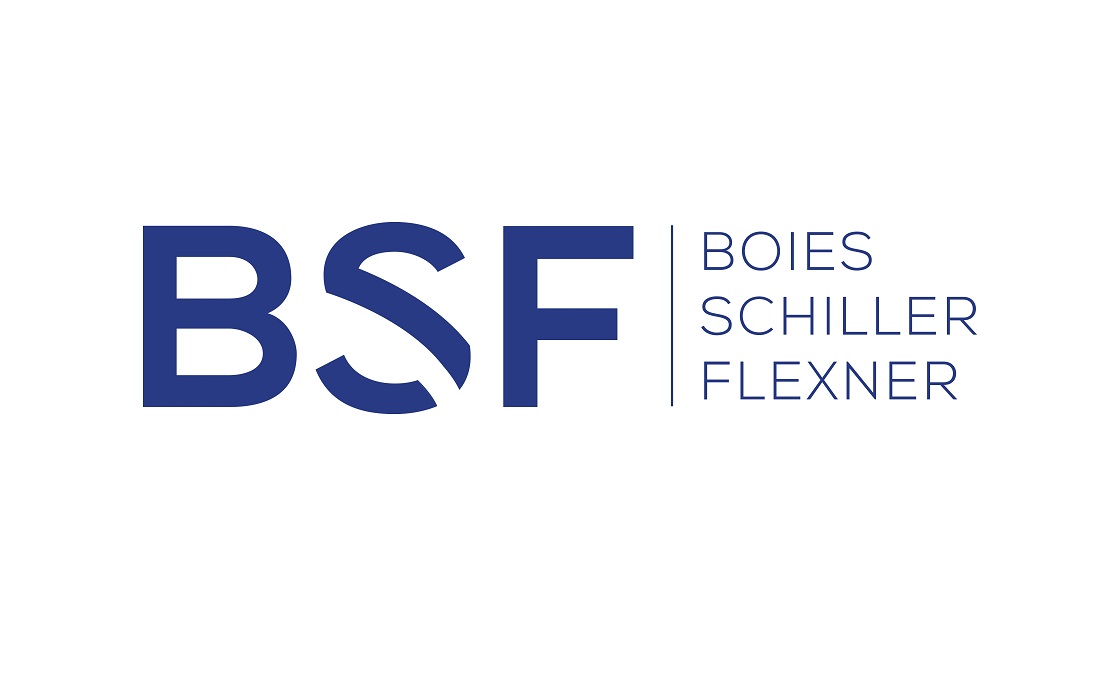John Freund's Posts
3700 ArticlesFormer Client Sues Legal Team for Damages for ‘Gross Overpayment’
Northern Territory Stolen Wages Class Action Seeks Claimants
- Impacted parties must be Aboriginal or a Torres Strait Islander.
- Claimants or their families must have worked in the Northern Territory prior to the law change in 1972.
- Claimants or their family members were not paid all owed wages.

Apex Litigation Finance are delighted to announce the appointment of two new Advisors to its team.

Special Digital Event — Australia: The Evolution of a Litigation Finance Market
On Tuesday, June 15th, 6pm EST, Litigation Finance Journal is hosting a roundtable discussion on the evolution of Litigation Finance in Australia. Topics will include the increasing threat of industry regulation, the Joint Parliamentary Committee’s perspective on litigation funding and class actions, how Australia may serve as a blueprint of sorts for global jurisdictions including the US, UK and EU, and the structural and cultural differences inherent to running a litigation funding firm in Australia.
As followers of the lit fin industry are well aware, Australia is the nation where Litigation Finance was born. The funding industry has come a long way since then… so far, in fact, that there is increased talk of regulation given the massive class actions that are taking place. But will such regulation be fruitful or counterproductive? And what about the many benefits Litigation Finance brings to Australian society, such as increased access to justice and a more robust legal landscape?
Hear from prominent founders and CEOs of major Australian-based litigation funders, including Omni Bridgeway, LCM and CASL, as they discuss the evolution of the Litigation Finance market in Australia, as well as the lessons other jurisdictions such as the US, UK and EU can learn from Australia.
This is a can’t miss digital event!
- When: Tuesday, June 15h, 6pm EST (Wednesday June 16th, 8am Sydney time).
- What: Panel discussion and Q&A with attendees. Audio-only event.
- Who: CEOs and Founders from three major Australian litigation funders (LCM, Omni Bridgeway, and CASL).
This 1hr and 15min event will be recorded, and all ticket holders will receive a recording of the event. So if you can’t make the time, you can still access the conference! The event will be moderated by Ed Truant of Slingshot Capital.
For more information and tickets, please visit this link.
We hope you enjoy! – The LFJ Team
Austria May Now Allow Pacta de Quo-ta Litis
- Funders do not provide legal advice to counsel or clients.
- Clients remain in charge of decision-making at all times.
- Litigation funders follow normally expected business procedures.
- Client’s free choice of an attorney is implied—but not specifically affirmed in the ruling.
Australia Considers Arbitrary Price Cap for Class Actions
What is Esoteric ABS and Why Does Everyone Love it?
Prairie Mining Files Energy Charter Claim Against Polish Government
Legal Funding in Global Jurisdictions—How are They Different and What’s Next?
High Court Battle Imminent in Woodford Case
Asia Encouraged to Embrace Litigation Funding

Forbes Ventures Plc – Update on Litigation Funding Securitisation

Longford Capital CFO Laura P. Pearl to Retire and Transition to Senior Advisor
Mergers Predicted for Litigation Funders
Litigation Finance is a rapidly growing and evolving industry, and has been since its emergence during the last financial crisis. The practice helps law firms accept more contingency cases, allows businesses to monetize illiquid assets, and can turn existing IP into a profit center.
Asertis explains that third-party litigation funding has demonstrated its worth many times over. A Post Office scandal in the UK was finally brought to light when funders allowed 39 sub-postmasters who had been wrongfully convicted of financial crimes to seek access to justice. The Dieselgate scandal against several German automakers was also aided by third-party legal funding.
It’s expected that even more new entrants to the litigation funding market will present themselves in the near future. While this may increase competition among funders, its great news for law firms and potential claimants who need funding to pursue legal action.
Will litigation funders see an explosion of mergers the way banks have in recent years? Some say so, especially after the merger of IMF Bentham and Omni Bridgeway in 2019. In addition to mergers, many funders—both established and upcoming—are developing specialized and niche areas of focus, offering them an edge over funders with less specific knowledge.
Litigation funding has been mainstreamed and is here to stay. As the practice continues to grow and adapt, all eyes are watching how access to legal capital benefits lawyers, businesses, and clients.
Findings From the Hong Kong Law Reform Commission
- A tribunal can order disclosure of ORFSs as pertains to conflicts of interest, security for costs, or the impartiality of counsel.
- Tribunals can order costs against lawyers it believes are facilitating meritless claims.
- Requirements for adequate capital, and proof therein.
- Clients must be provided with clear information on ORFSs, as well as advice from those who have no financial stake in the matter.
- Procedures in place for complaints and reporting non-compliance.
Is Litigation Funding a ‘Debt’ Under FDCPA Guidelines?

Litigation funder Asertis announces: new Commercial Disputes funding division backed by a €1.7bn (approx. £1.46bn) fund; financing of Mercedes group action; and new CIO and lateral hire from Harbour
DAS UK Forms Partnership With Maxima
Hausfeld to File Antitrust Case Against Amazon
Claimants Sought for Possible Tyro Payments Class Action
- loss of sales revenue
- losses and damages suffered when seeking replacement services
- loss of service fees for services not provided
- loss of goodwill and customer satisfaction
- Tyro breached statutory warranties, which imply that services will be provided with appropriate skill and care.
- The services provided are unacceptable and do not achieve their intended purpose.
- Any reasonable consumer would be dissatisfied with the services provided by Tyro, and that the company is in breach of contract.
- Tyro stated that its services have less than .1 percent of downtime, which was not accurate for many impacted customers.

Pathfinder Minerals books annual loss as it pursues Mozambique claim

Flight PS752 Class Action Certification Order
Litigation Finance Can Help GC’s Maintain Control
Ford’s Powershift Clutch is Still Not Up to Snuff
Wirecard Insolvency Class Action Grows More Complex

Boies Schiller Flexner forming international investor group to recover losses – Greensill / Credit Suisse Supply Chain Finance Funds
Are There Caveats to the Widespread Embrace of Litigation Funding?



